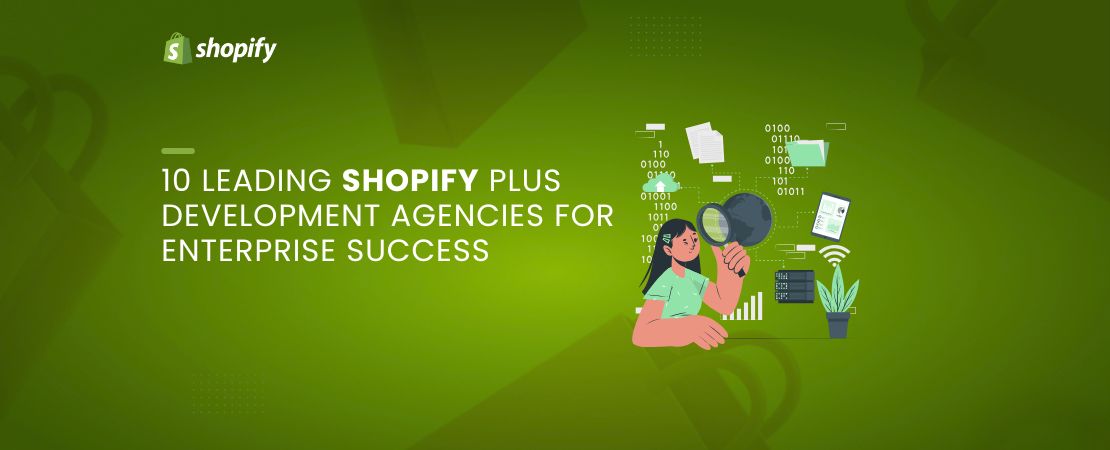In the competitive landscape of online commerce, choosing the right platform can significantly impact your business’s success. ClickFunnels and Shopify are two leading options, each offering unique benefits.
ClickFunnels creates effective sales funnels, a powerful tool for companies focused on lead generation and upselling products. On the other hand, Shopify offers a comprehensive e-commerce solution perfect for building and managing a full-fledged online store with extensive product offerings.
The potential benefits of these platforms can bring optimism and hope to your business prospects. This blog post is a practical guide that compares ClickFunnels vs Shopify, dissecting their key features, strengths, and weaknesses.
By presenting these platforms side-by-side, we aim to equip you with the knowledge to choose the platform that best fits your business goals and operational needs. Whether you’re launching a new product or expanding an existing store, understanding the intricacies of each platform will give you the confidence to make a well-informed decision.
What’s the Difference Between Clickfunnels and Shopify?
Clickfunnels vs Shopify is a standard comparison between two powerful online business platforms serving two distinct purposes. We discuss the differences between Clickfunnels vs Shopify to help businesses make an informed decision about the platform they pick.
ClickFunnels is used to build and optimize sales funnels, which are interconnected web pages that walk website visitors through the sales process. Users can access various tools and templates to build quality landing pages, sales and upsell pages, and other sales materials.
Shopify is one of the world’s most commonly used e-commerce platforms. Its popularity stems from its diverse feature set, ease of use, and various payment processing integrations. Shopify also allows integrations with marketing tools, inventory management systems, and logistics. It scales from SMBs to enterprise (via Shopify Plus).
Clickfunnels vs Shopify Comparison
With their powerful features and widespread availability, ClickFunnels and Shopify offer businesses immense value. However, these businesses need to know which option works best for their company. This next section discusses the differences between the two.
Costing
Before all else, businesses should know how much each platform will cost them monthly since cost is a significant factor.
ClickFunnels
With ClickFunnels, there are two pricing plans to pick from:
The starter plan at $109/month comes with the following:
-
- One funnel
- 20,000 visitors
- 100 contacts
The Etison Suite at $299/month comes with the following:
-
- Unlimited funnels
- 100,000 visitors
- Unlimited contacts
- Additional features like membership sites and affiliate marketing tools
Shopify
With Shopify, there are three pricing plans to pick from.
Basic Plan at $29/month:
-
- Two staff accounts
- Online store
- 2,000 products
- Basic reporting
Shopify Plan at $79/month:
-
- Five staff accounts
- Online store
- Unlimited products
- Advanced Reporting
Advanced Plan at $299/month:
-
- Fifteen staff accounts
- Online store
- Unlimited products
- Advanced reporting features
- Professional checkout
Shopify Plus:
-
- Custom – see our pricing guide.
Key Features
After cost, a business focuses on the features they’re getting for the cost. This section is crucial because it helps companies to decide which platform they need to go for:
ClickFunnels
The ClickFunnels platform offers unique benefits to digital-only businesses, making it a fan favorite. Its main features include:
-
- The sales funnel builder lets businesses create custom sales funnels with different page types, e.g., sales pages, landing pages, and upsell pages).
- Its email marketing integration connects the business with other email marketing platforms to leverage email marketing for lead generation.
- Businesses can build and manage membership communities or offer online learning resources.
Shopify
Shopify businesses can use various e-commerce tools to make their store stand out. The most important functions include:
-
- Building and customizing an online store using different themes and templates.
- Product management: Add, edit, and organize your products, including variants and inventory (POS, online, wholesale via Shopify B2B).
- Payment processing: Accept payments from multiple gateways, including credit cards, PayPal, and Apple Pay.
- Shipping management: Calculate shipping rates, print labels, and track orders.
- App store: Access thousands of third-party apps to extend the functionality of your Shopify store.
Third-party apps and Plugins
Businesses can use third-party applications and plugins for additional store features and functionality. Using third-party apps and plugins is a proven way to get the most out of your online store. Here’s how each platform offers support for this:
Clickfunnels
-
- An app marketplace offering a limited selection of third-party apps to improve your store’s form and functionality.
- ClickFunnels allows custom HTML, CSS, and JavaScript code to be added for advanced customization. Stores that want to push the envelope regarding aesthetics and functionality greatly benefit from this.
Shopify
-
- The Shopify app store and its thousands of third-party apps are used for various purposes, including marketing, accounting sales, data analytics, shipping, and more.
- Custom theme development allows extensive customization through theme development and coding to unique brand identities and stores.
Related: Learn more about Shopify integrations and services.
User Friendliness
A store’s user experience is one of its pillars for success, and investing time and money helps the business immensely. Here’s how the two platforms target user-friendliness:
Clickfunnels
-
- ClickFunnels’ intuitive interface is user-friendly, especially for those familiar with funnel-building concepts. It makes using the platform more accessible for users of any skill level.
- ClickFunnels has a learning curve that beginners must take the time to explore. However, they need practice to get it right when using advanced features.
Shopify
-
- Shopify’s interface is renowned for being easy to use. It is designed with user-friendly features and navigation, making it usable to non-technical users and experts.
- Shopify also has a learning curve that requires some learning for advanced features such as custom theme development or coding. Development will be easier if you plan to hire Shopify experts or a Shopify development company.
Conclusion
Choosing between ClickFunnels and Shopify ultimately hinges on your business goals and operational needs.
ClickFunnels creates optimized sales funnels and lead generation, making it a strong choice for businesses focused on marketing and conversion strategies.
Its built-in affiliate marketing system and email marketing tools further enhance its appeal for those prioritizing sales efficiency.
Conversely, Shopify stands out as a comprehensive eCommerce platform, ideal for businesses that require robust inventory management, payment processing, and customer relationship features. With advanced SEO capabilities and extensive app integrations.
Shopify supports businesses aiming for long-term growth in the online marketplace. Assess your specific needs to determine which platform aligns best with your objectives.
FAQs
Can You Really Make Money With Clickfunnels?
Yes. It is possible to make money using ClickFunnels’ powerful sales funnels, which convert website visitors into paying customers.
What Are the Disadvantages of Clickfunnels?
The main disadvantages of ClickFunnels include:
-
- Plan pricing
- Fewer integrations compared to Shopify
- Technical expertise is required during development
Can You Really Make Money With Clickfunnels?
Yes. Making money with ClickFunnels is possible when you learn how to create effective sales funnels. These funnels help the business convert website visitors into customers.



